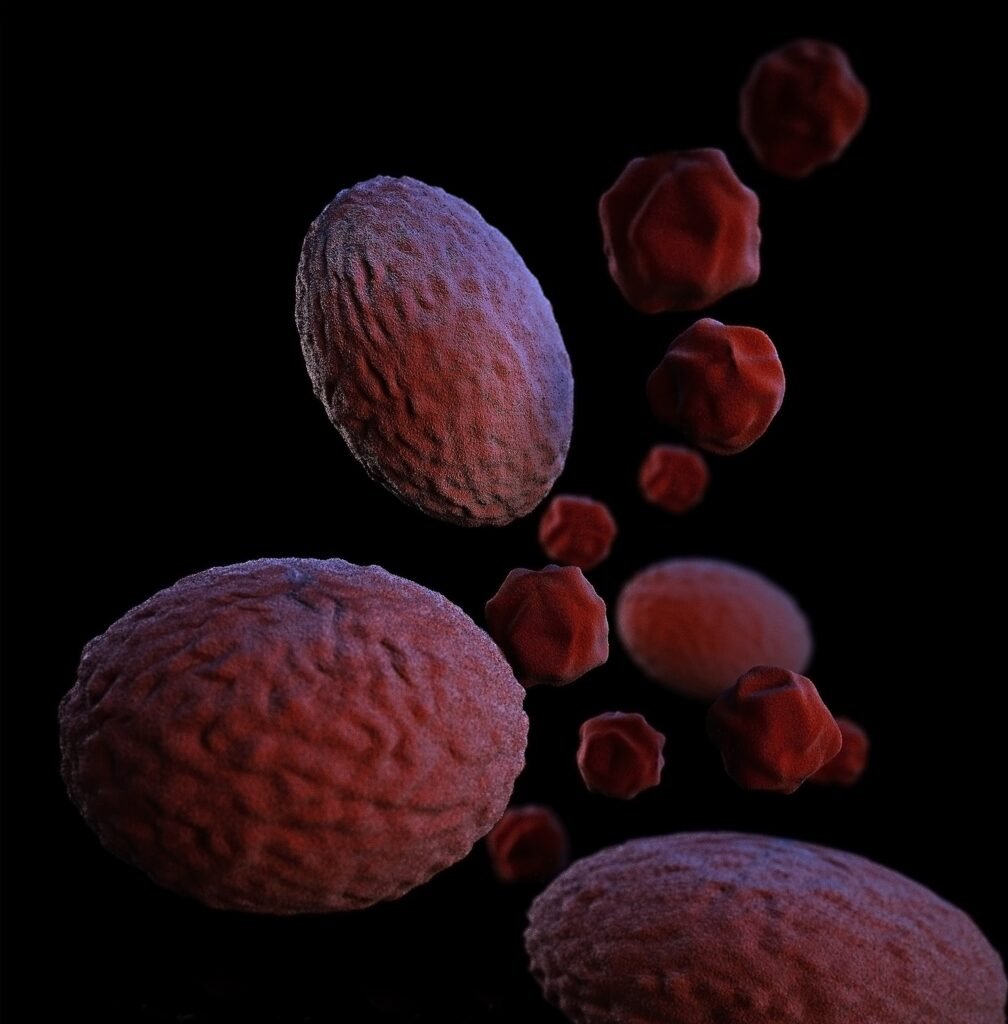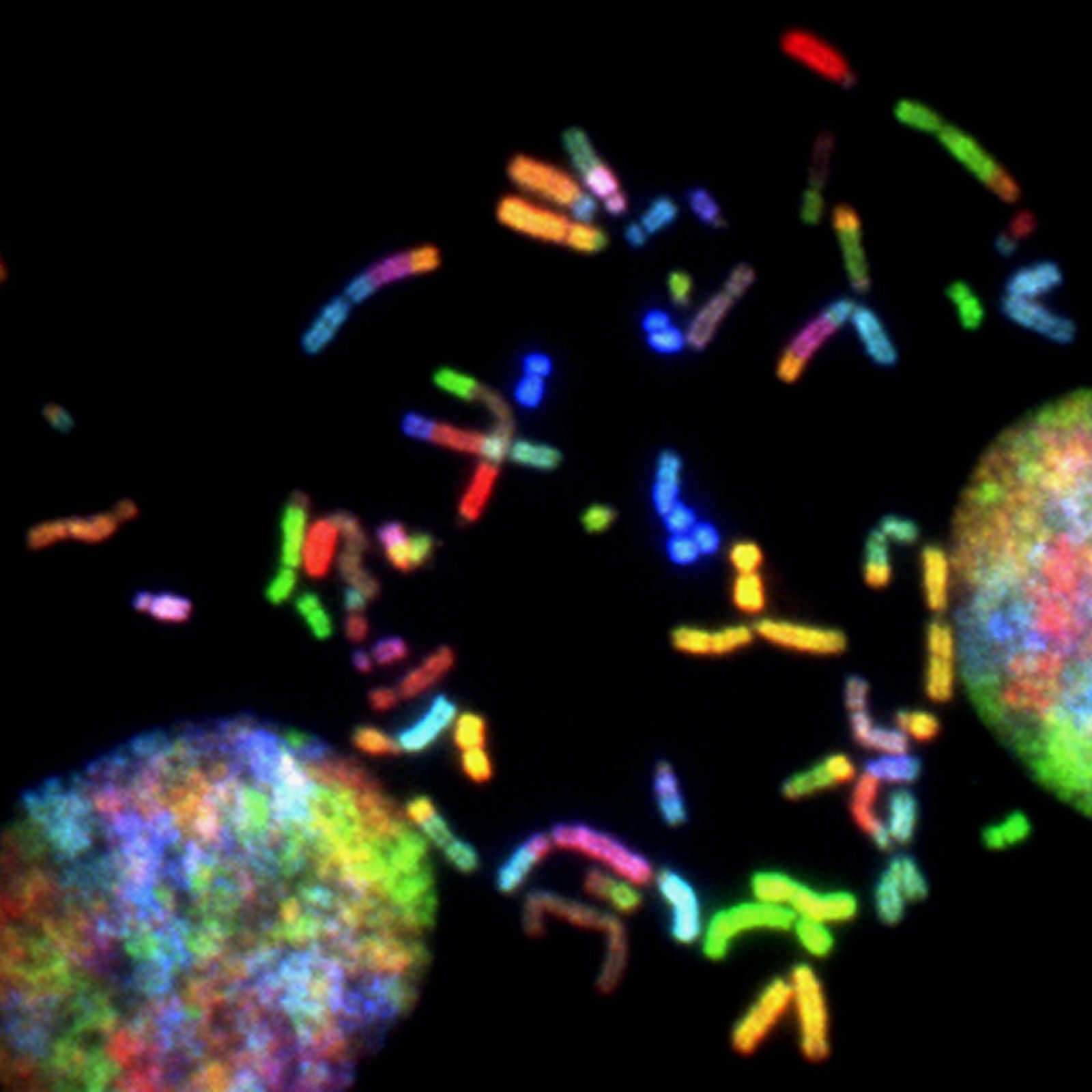In the beginning:
The discipline of medicine has been revolutionised as a result of the role that genetics plays in illness. This has led to novel diagnostic and treatment techniques, as well as insights into the underlying causes of diseases. There is a correlation between genetic variants and the development of illnesses. These variations can have an effect on the structure and function of proteins, which are necessary for the activities that occur within cells. This article will cover the role that genetics plays in illness, including the many types of genetic variants that can contribute to disease, the processes by which these variations work, and the consequences for the diagnosis and treatment of disease.

Types of Variations in Genetic Material:
Genetic variants can manifest themselves on a variety of levels, ranging from mutations in a single nucleotide to anomalies in the entire chromosome. Single nucleotide polymorphisms, often known as SNPs, are the most prevalent kind of genetic variation. These variations are characterised by changes in the DNA sequence that include a single base pair. Based on their location and the effect they have on protein function, single nucleotide polymorphisms (SNPs) can be associated with either an increased or decreased risk of acquiring a disease. Chromosome abnormalities, such as translocations and inversions, are examples of other forms of genetic variations. Insertions, deletions, and repeat expansions are examples of other sorts of genetic variations. These changes can change the areas of genes that are responsible for coding or regulation.
The Mechanisms Behind Variation in Genetics:
Different processes, such as changes in protein structure, modifications in protein-protein interactions, and adjustments in gene expression, are among the ways in which genetic differences can have an effect on the function of proteins. As an illustration, missense mutations, which include the alteration of a single amino acid within a protein, have the potential to influence both the structure and function of the protein, whereas non-sense mutations can lead to the premature termination of the protein. Splicing can be affected by other mutations, which can lead to the inclusion or exclusion of particular exons from the final mRNA product when the mutation is present. Furthermore, deviations in the non-coding sections of genes have the potential to influence gene expression by influencing the binding of transcription factors or the activity of regulatory RNA components.
Implications for the Diagnosis and Treatment of Diseased Individuals:
It is possible that the discovery of genetic variants that are related with disease might have significant consequences for the diagnosis and treatment of disease respectively. The use of genetic testing can assist in the identification of individuals who, due to their genetic composition, are at a higher risk for certain diseases. This enables early detection and the implementation of preventative measures. For instance, genetic testing for the genes BRCA1 and BRCA2 that are associated with breast cancer susceptibility might help inform decisions on cancer screening and treatment with preventative surgery. In addition, genetic variances can be used to guide personalised treatment techniques, such as targeted medicines for tumours that have specific genetic alterations. In the case of lung cancer, for instance, mutations in the EGFR gene have been linked to an increased susceptibility to certain tyrosine kinase inhibitors.
Diseases that are caused by genetics:
Numerous genetic disorders can be caused by a wide range of genetic abnormalities, and there are many different types of genetic diseases. Within the realm of inherited genetic illnesses, there are three primary classifications that may be distinguished: single gene disorders, chromosomal disorders, and multifactorial disorders. Conditions such as cystic fibrosis, sickle cell anaemia, and Huntington’s disease are examples of single gene disorders. These illnesses are caused by mutations in a single gene and include diseases like these.
Chromosomal diseases, which include Down syndrome and Turner syndrome, are characterised by abnormalities in the number of chromosomes or the structure of the chromosomes. A number of diseases, including cancer, diabetes, and heart disease, are examples of multifactorial disorders. These ailments are caused by the interplay of numerous genes and environmental variables simultaneously.
The Part That Genetics Plays in Complicated Diseases:
Genetic illnesses that are caused by mutations in a single gene are known as single gene disorders. However, the majority of diseases are complicated and are impacted by a number of different genetic and environmental variables. When it comes to diseases that are more complicated, genetic variants may not always cause disease on their own; instead, they can enhance the chance of acquiring the disease when environmental variables are present. For instance, genetic abnormalities in the BRCA1 and BRCA2 genes are linked to an increased risk of breast and ovarian cancer; however, it is important to note that not all individuals who possess these mutations will go on to acquire either of these cancers. Individuals who have certain genetic variants may be more susceptible to developing cancer if they are exposed to other environmental factors, such as radiation or specific chemicals.
The Counselling of Genetics:
When it comes to the management of genetic disorders, this is an essential component, particularly for individuals and families who are at risk of inheriting genetic diseases. As part of genetic counselling, an individual’s risk of acquiring or passing on a genetic illness is evaluated, and choices for genetic testing and management of the condition are discussed. Additionally, the individual’s risk of developing the disease is evaluated. Genetic counsellors are professionals who engage with individuals and families to offer them with information, support, and direction regarding the implications of genetic testing and the possible influence it may have on their health and family planning.
Concluding remarks:
Our knowledge of disease causation has been significantly extended as a result of the study of genetics, which has also led to the development of new diagnostic and therapeutic techniques. In addition to contributing to the development of illnesses, genetic differences can have an effect on the function of proteins through a variety of different methods. In order to improve illness diagnosis and therapy, the discovery of genetic variants that are related with disease can provide valuable information. This can lead to earlier detection and more individualised treatment methods.
It is difficult to generalise about the role that genetics plays in disease since it is contingent upon the type of disease and the type of genetic variation that is involved. Our understanding of the factors that contribute to illness has been significantly broadened as a result of developments in genetics and genomics, which have also led to the development of novel diagnostic and treatment techniques. Genetic testing can assist in the identification of individuals who are at a higher risk for particular diseases, which enables earlier detection and offers the opportunity for more individualised treatment options. A significant component of the care of genetic illnesses, genetic counselling can offer a variety of services, including information, support, and guidance.

